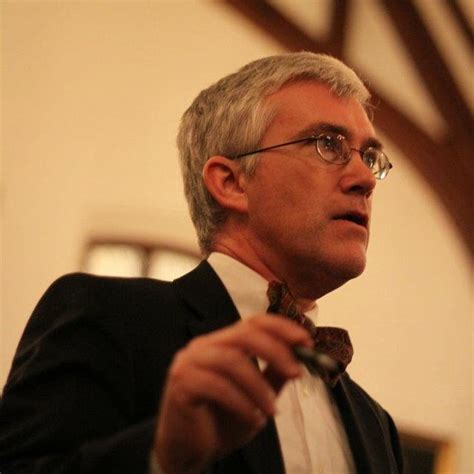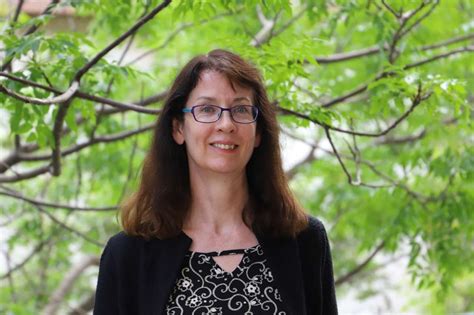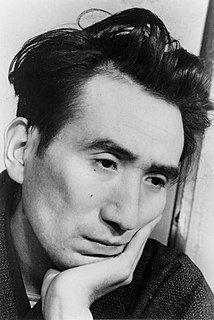A Quote by Erich Fromm
A society whose principles are acquisition, profit, and property produces a social character oriented around having, and once the dominant pattern is established, nobody wants to be an outsider, or indeed an outcast; in order to avoid this risk everybody adapts to the majority, who have in common only their mutual antagonism.
Related Quotes
It is a moot question whether the origin of any kind of property is derived from nature at all. It is agreed by those who have seriously considered the subject that no individual has, of natural right, a separate property in an acre of land, for instance. By a universal law, indeed, whatever, whether fixed or movable, belongs to all men equally and in common is the property for the moment of him who occupies it; but when he relinquishes the occupation, the property goes with it. Stable ownership is the gift of social law, and is given late in the progress of society.
On the surface the avant garde as a whole seems united primarily in terms of what they are against: the rejection of social institutions and established artistic conventions, or antagonism towards the public (as representative of the existing order). By contrast any positive programme tends to be claimed as exclusive property by isolated and even mutually antagonistic sub-groups. So modern art appears fragmented and sectarian, defined as much by manifestos as imaginative work.
Capitalism as a social order and as a creed is the expression of the belief in economic progress as leading toward the freedom and equality of the individual in a free and open society. Marxism expects this society to result from the abolition of private profit. Capitalism expects the free and equal society to result from the enthronement of private profit as supreme ruler of social behavior.
You are horrified at our intending to do away with private property. But in your existing society, private property is already done away with for nine tenths of the population; its existence for the few is solely due to its non-existence in the hands of those nine tenths. You reproach us, therefore, with intending to do away with a form of property, the necessary condition for whose existence is the non-existence of any property for the immense majority of society.
In any society, order is the first need of all. Liberty and justice may be established only after order is tolerably secure. But the libertarians give primacy to an abstract liberty. Conservatives, knowing that "liberty inheres in some sensible object," are aware that true freedom can be found only within the framework of a social order, such as the constitutional order of these United States. In exalting an absolute and indefinable "liberty" at the expense of order, the libertarians imperil the very freedoms they praise.
Just as a moral distinction is drawn between "those at risk" and "those posing a risk", health education routinely draws a distinction between the harm caused by external causes out of the individual's control and that caused by oneself. Lifestyle risk discourse overturns the notion that health hazards in postindustrial society are out of the individual's control. On the contrary, the dominant theme of lifestyle risk discourse is the responsibility of the individual to avoid health risks for the sake of his or her own health as well as the greater good of society.
People talk of “social outcasts.” The words apparently denote the miserable losers of the world, the vicious ones, but I feel as though I have been a “social outcast” from the moment I was born. If ever I meet someone society has designated as an outcast, I invariably feel affection for him, an emotion which carries me away in melting tenderness.





































